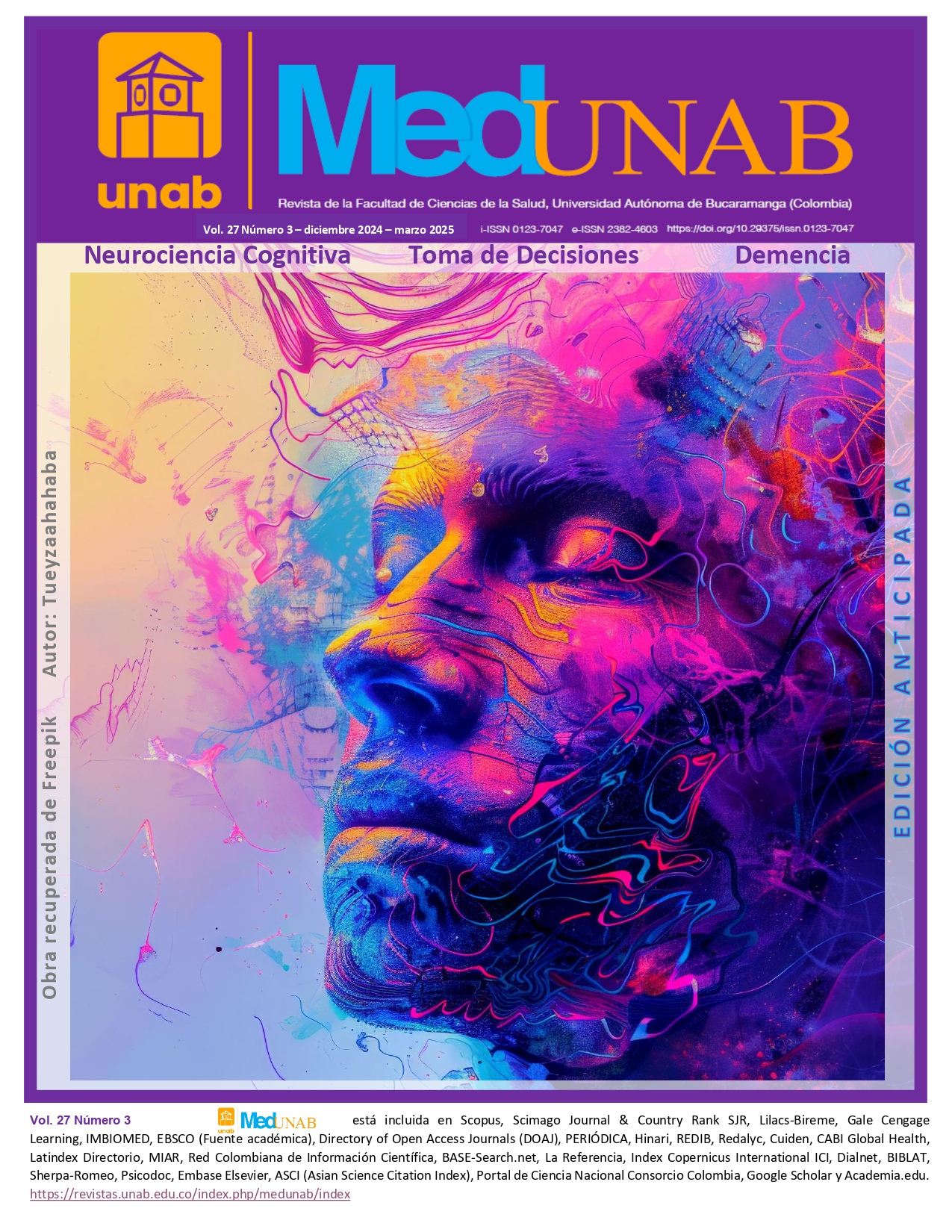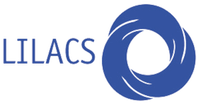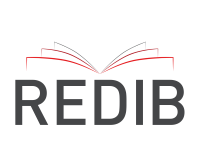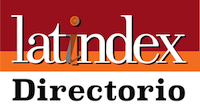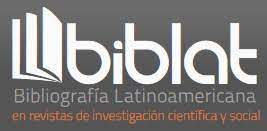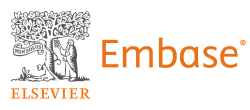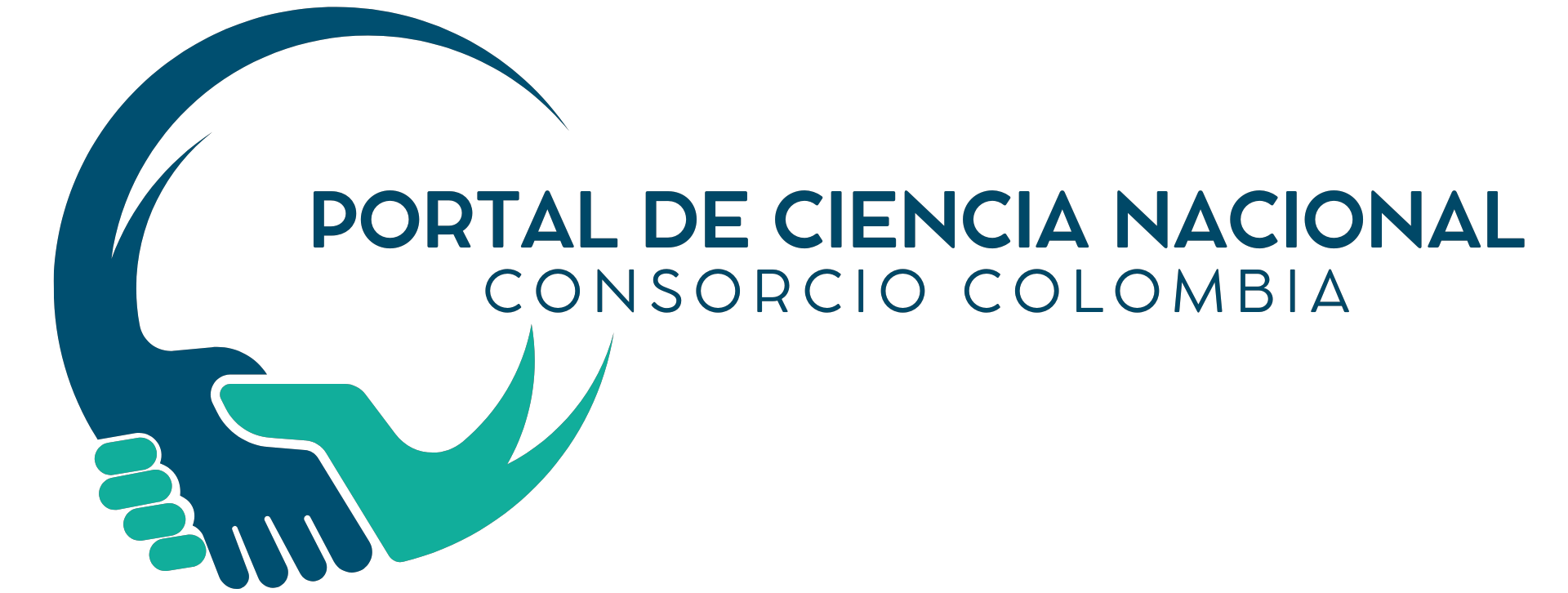¿Qué necesitan saber los profesores sobre neurociencia?
Resumen
Introducción. Este artículo describe la premisa clave que subyace al campo de la neurociencia educativa. Explora cómo se puede navegar por la interfaz de la neurociencia y la educación. Objetivo. Considerar el cerebro como la base del aprendizaje introduce una concepción más amplia y holística que la que transmite un enfoque centrado en la memoria y la cognición, una concepción que llama la atención sobre el contexto físico, emocional y social del aprendizaje. Temas de reflexión. Se esbozan algunos principios clave sobre el funcionamiento del cerebro y su relación con los principios de la enseñanza. Sin embargo, la neurociencia de la educación no debe verse como un intento de reducir la educación al individuo o a la biología; el niño individual está anidado en el contexto de la escuela, la familia, la sociedad y la cultura. La neurociencia educativa forma parte de la ciencia del aprendizaje y de un enfoque de la educación basado en pruebas. Se discute que el enfoque basado en evidencia puede requerir un replanteamiento de las estructuras nacionales y de la relación entre el gobierno, las escuelas y las universidades. En este contexto, la neurociencia educativa forma parte del ala de «investigación y desarrollo» de la educación, que participa en la generación de nuevos conocimientos e innovaciones. A modo de ejemplo, se expone un proyecto en el que se utilizaron los principios de la neurociencia para diseñar una nueva actividad en el aula destinada a apoyar el aprendizaje de conceptos contraintuitivos de ciencias y matemáticas en niños de primaria. Conclusiones. Se concluye que se debe proponer un nivel, en el que los profesores deban comprometerse con la neurociencia para informar mejor su práctica.
Referencias bibliográficas
Bauckham SI, Gill R, Hamer M, Hood M, Moore R, Paterson C, et al. Initial Teacher Training and Early Career Framework. Education Endowment Foundation [Internet]. 2024. Available from: https://assets.publishing.service.gov.uk/media/661d24ac08c3be25cfbd3e61/Initial_Teacher_Training_and_Early_Career_Framework.pdf
Thomas MSC, Ansari D, Knowland VCP. Annual Research Review: Educational neuroscience: progress and prospects. J Child Psychol Psychiatry [Internet]. 2019;60(4):477-492. doi: https://doi.org/10.1111/jcpp.12973
Szucs D, Toffalini E. Maths anxiety and subjective perception of control, value and success expectancy in mathematics. R Soc Open Sci [Internet]. 2023;10(11):231000. doi: https://doi.org/10.1098/rsos.231000
Rogers C, Thomas MSC. Educational Neuroscience: The Basics [Internet]. USA: Routledge Publishers; 2022. Available from: https://www.routledge.com/Educational-Neuroscience-The-Basics/Rogers-Thomas/p/book/9781032028552?srsltid=AfmBOoq8Fq_MXyhHNsep1978oTGgf_UwnThXseCy3Nqi1ft882T8Q9B7
Blakemore SJ. Inventing ourselves: The secret life of the teenage brain [Internet]. London: Black Swan Publishers; 2018. Available from: https://www.amazon.com/Inventing-Ourselves-Secret-Teenage-Brain/dp/1610397312
Grospietsch F, Lins I. Review on the Prevalence and Persistence of Neuromyths in Education – Where We Stand and What Is Still Needed. Front Educ [Internet]. 2021;6:665752. doi: https://doi.org/10.3389/feduc.2021.665752
Weisberg DS, Keil FC, Goodstein J, Rawson E, Gray JR. The Seductive Allure of Neuroscience Explanations. J Cogn Neurosci [Internet]. 2008;20(3):470–477. doi: https://doi.org/10.1162/jocn.2008.20040
Duraiappah A, van Atteveldt N, Asah S, Borst G, Bugden S, Buil JM, et al. The International Science and Evidence-based Education Assessment. npj Sci Learn [Internet]. 2021;6:7. doi: https://doi.org/10.1038/s41539-021-00085-9
Bowen AEJ, Palmer LRJ, Perry RC, Thomas MSC, Tolmie A, Borst G, et al. Evaluating What Works in the Classroom: Best Practice and Future Opportunities. Mind Brain Educ [Internet]. 2024;18(4):474-484. doi: https://doi.org/10.1111/mbe.12430
Thomas MSC, Howard-Jones P, Dudman-Jones J, Palmer LRJ, Bowen AEJ, Perry RC. Evidence, Policy, Education and Neuroscience – The State of Play in the UK. Mind Brain Educ [Internet]. 2024;18(4):461-473. doi: https://doi.org/10.1111/mbe.12423
Stavy R, Tirosh D. How Students (Mis-)Understand Science and Mathematics: Intuitive Rules [Internet]. EEUU: Teachers College Press; 2000. Available from: https://www.researchgate.net/publication/31735228_How_Students_Mis-Understand_Science_and_Mathematics_Intuitive_Rules
Mareschal D. The neuroscience of conceptual learning in science and mathematics. Current Opinion in Behavioural Sciences [Internet]. 2016;10:114–118. doi: https://doi.org/10.1016/j.cobeha.2016.06.001
Diamond A. Activities and Programs That Improve Children's Executive Functions. Curr Dir Psychol Sci [Internet]. 2012;21(5):335-34. doi: https://doi.org/10.1177/0963721412453722
Sala G, Gobet F. Does Far Transfer Exist? Negative Evidence From Chess, Music, and Working Memory Training. Curr Dir Psychol Sci [Internet]. 2017;26(6):515-520. doi: https://doi.org/10.1177/0963721417712760
Tolmie A, Dundar-Coecke S. Lifespan conceptual development in science: Brain and behaviour. In: Thomas MSC, Mareschal D, Dumontheil I. Educational Neuroscience: Development across the lifespan [Internet]. USA: Routledge Publisher; 2020. Available from: https://psycnet.apa.org/record/2020-28429-008
Roy P, Rutt S, Easton C, Sims D, Bradshaw S, McNamara S. Stop and Think: Learning Counterintuitive Concepts: Evaluation Report. Education Endowment Foundation [Internet]. 2019. Available from: https://www.nfer.ac.uk/media/uqapkjif/learning_counterintuitive_concepts_evaluation_report_-final.pdf
Wilkinson HR, Smid C, Morris S, Farran EK, Dumontheil I, Mayer S, et al. Domain-Specific Inhibitory Control Training to Improve Children's Learning of Counterintuitive Concepts in Mathematics and Science. J Cogn Enhanc [Internet]. 2020;4(3):296-314. doi: https://doi.org/10.1007/s41465-019-00161-4
Descargas
Derechos de autor 2025 MedUNAB

Esta obra está bajo una licencia internacional Creative Commons Atribución-NoComercial 4.0.
| Estadísticas de artículo | |
|---|---|
| Vistas de resúmenes | |
| Vistas de PDF | |
| Descargas de PDF | |
| Vistas de HTML | |
| Otras vistas | |



